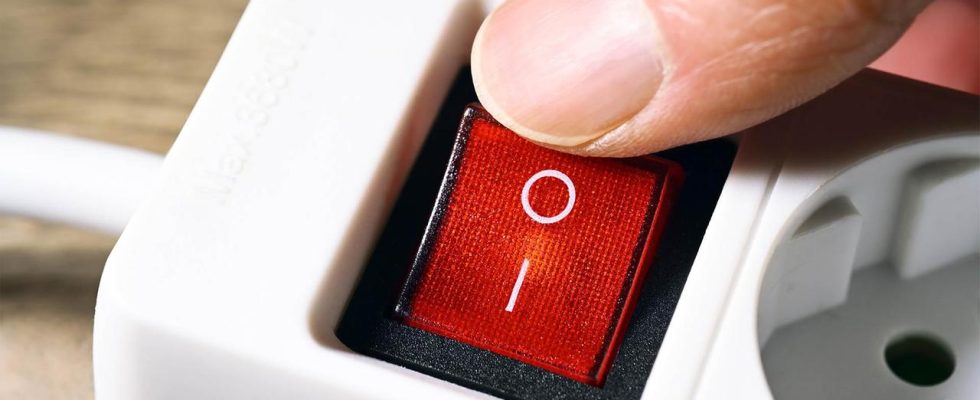Germany consumes less energy: The Energy Balances Working Group has determined a historical decline in consumption for 2023. The economic weakness is primarily responsible for this.
Compared to the previous year, energy consumption has fallen by almost eight percent, according to the evaluations by the Energy Balances Working Group. An initial forecast from November has now been confirmed.
Around a quarter below that Maximum consumption
The Working Group on Energy Balances (AG Energy Balances) with a decrease of 7.9 percent to 10,791 petajoules (2,998 terawatt hours). One terawatt hour is equal to one billion kilowatt hours (KWH). This means that the consumption of so-called primary energies in Germany is more than a quarter below the previous high of 1990. The Energy Balances AG evaluates energy balances from all areas of the energy industry.
The organization sees the main reason for the decline in consumption as the declining economic performance. “The energy-intensive industries in particular recorded declines in production, which has a noticeable impact on energy consumption,” it said. In a current forecast, the Federal Government’s Council of Experts assumes that economic output in Germany will decline by 0.4 percent this year. According to estimates, growth of only 0.7 percent is expected in 2024.
High prices create an incentive to save
In addition, according to the study, the persistently high level of energy prices has had a significant impact on reducing energy consumption. Although the import prices for the most important imported energies fell noticeably over the course of the year, overall they are still significantly above the 2021 level for the current year. The slightly warmer weather compared to the previous year only had a weak effect on reducing consumption.
Fossil fuels continue to dominate
Fossil fuels continue to play the most important role in the energy mix, i.e. the share of energy sources in primary energy consumption, in Germany. Mineral oil contributed 35.9 percent (previous year: 35.0). 24.5 percent of the energy was generated with natural gas (after 23.6 percent in the previous year). The share of renewable energies increased from 17.7 to 19.6 percent. Coal also continues to play a role in energy consumption in Germany: hard coal came to 8.7 percent, brown coal to 8.5 percent. Overall, the share fell from 19.6 to 17.2 percent. Due to the nuclear phase-out in the spring, nuclear energy only contributed 0.7 percent to the energy mix.

